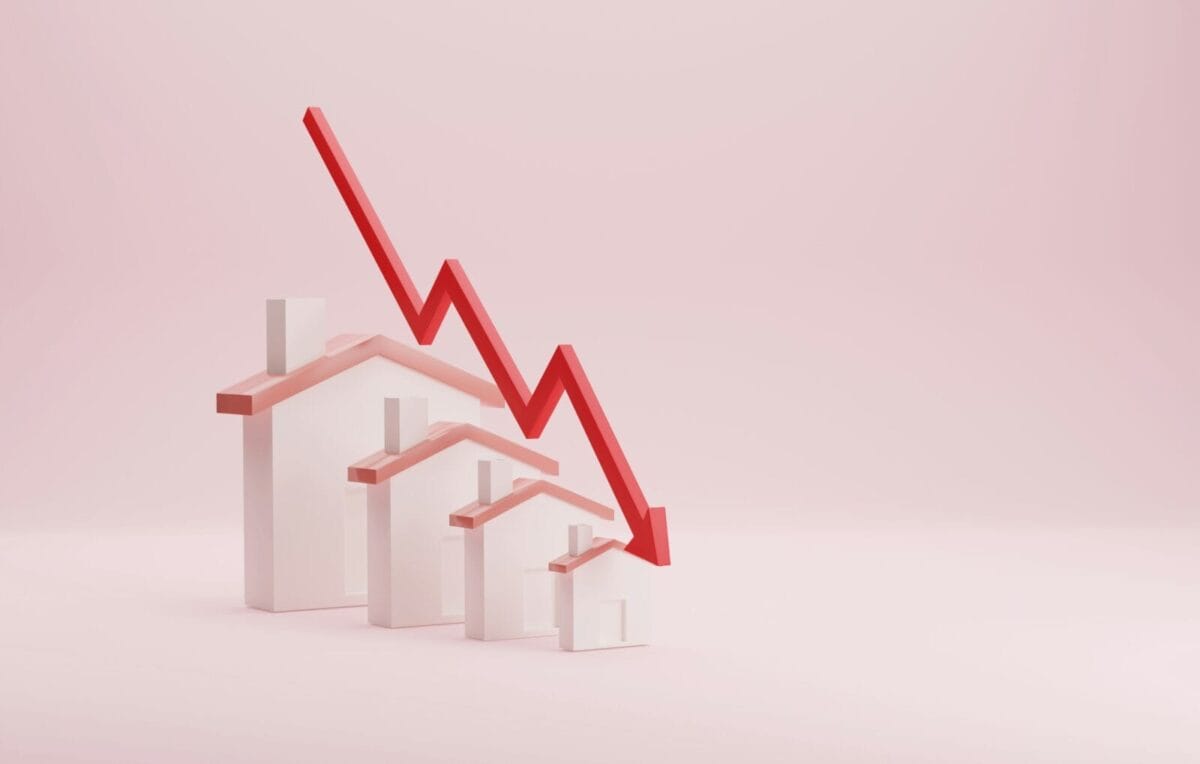Many property investors and landlords are balancing invoices and incomes from multiple sources. While this can mean greater financial security and freedom, it can also bring additional administrative headaches when it comes to taxes.
According to Lauren Harvey, Accounts Manager at The Accountancy Partnership, experts in accounting and tax for property investors, she sees many investors make life harder for themselves when it comes to tax.
“Property investors are wearing many hats; one day working for a client, the next day buying equipment needed to do the job. However, HMRC doesn’t care how many streams you have; all they care about is that you declare them properly and on time.”
Lauren discusses five of the most common mistakes she sees from property investors juggling different streams:
- Not tracking every penny
“When you’re juggling multiple income streams, the most important habit to get into is to record every single payment you receive, no matter how small it is. HMRC requires you to declare all taxable income, even if it’s just a couple of pounds. It’s often the ‘little bits on the side’ that investors forget about, but these are the ones that are likely to cause the most problems if they’re missed off a tax return.”
- Understand what HMRC expects
“All income must be declared on your Self Assessment tax return, even if you’re also in full-time employment and taxed through PAYE. HMRC doesn’t separate your additional rental income from your main job, and it all needs to be reported together, although you won’t pay tax on the same money twice!”
- Claim allowable expenses properly
“When you have more than one income stream, it’s easy to blur the lines on what you can and can’t claim back against tax. However, each stream may have its own distinct set of allowable expenses. If you don’t record these clearly for HMRC, then you could miss out on some vital savings or raise red flags with HMRC.
The golden rule is to keep every receipt and invoice, however small. Many investors find it helpful to use digital bookkeeping apps where receipts can be photographed and uploaded straight away. This avoids the classic “shoebox of crumpled receipts” in January and makes it far easier to evidence claims if HMRC ever checks.”
“It’s also absolutely crucial to make sure that you don’t claim the same expenses twice if they relate to multiple income streams.”
- Budget for taxes throughout the year
“Many people forget that tax is a thing until the Self Assessment tax deadline comes, and they think they have more income than they do. Multiple income streams can make it harder to estimate how much you’ll owe by January, so a simple solution is to set aside 20-30% of your income as you earn it into a separate pot. This way, you’re not caught short at payment deadlines, and anything that’s left over is a little bonus!”
- Consider professional support
“HMRC don’t always make things easy, and when your income comes from more than one source, the calculations can get quite complex. Having your own accountant can ensure you’re compliant, as well as reducing the stress that comes with having to do your own accounts. They’re also great at helping you find additional tax reliefs you might be able to claim, so you might earn back more than what you pay on accountants through additional income.”













